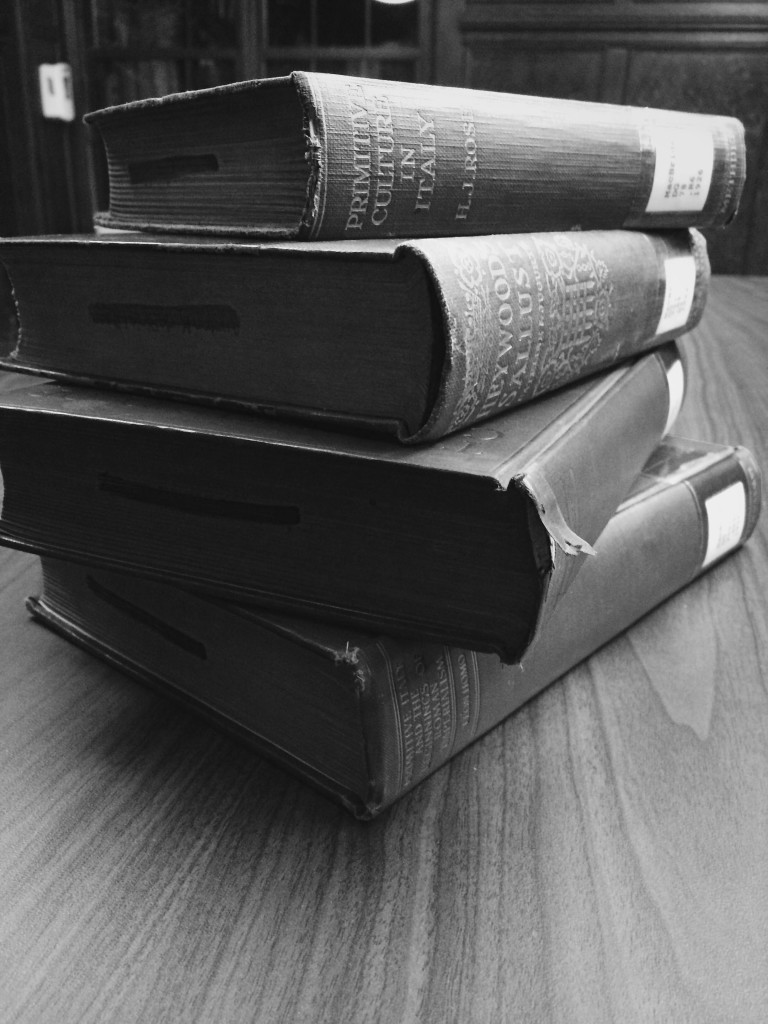Literature: it adds to reality. It is not merely a question of whether to read or not to read, but rather a question of what to read. It can be a challenge when there are so many different genres to choose from. The two larger categories within those genres of literature are older literature and newer literature. We might define old literature as written before 1800 and newer literature as anything written after 1800. Despite the constant debate regarding which category is superior, both old and new literature offer something unique to the world.
When reading old literature, the reader can become immersed in a culture that is completely foreign to them. In an epic poem like “The Odyssey,” the reader can be transported to an era in which great emphasis was placed on the mythical gods and their will, which is not a familiar concept for many people in today’s society. When one reads Shakespeare, Dostoevsky, Hardy, or any classical writer, not only does it give a person a glimpse into old traditions, it also gives the reader a glimpse into what values and traditions have stayed firmly planted in our culture for years. Look at any Shakespearean play: it is evident that while Shakespeare wasn’t predicting the future he did bring up topics that are still very prevalent.
Now, in the opposite corner is contemporary literature. Contemporary literature includes world-famous books and series like “The Fault in Our Stars” and “Harry Potter.” Contemporary literature takes risks by traveling into the unknown and creating magical worlds that no one will ever actually see in the flesh. Contemporary literature encourages a reader’s imagination to run wild. The opportunities are endless with everything from a magical boarding school to a tragic romance.
Old and new literature are both very important categories that are able to help a reader channel many different aspects of life, both tangible and intangible. While it may not be apparent on the surface, “Twelfth Night” by William Shakespeare is an example of an older text dealing with a recurring societal theme. However if societal themes aren’t of interest, then maybe a novel dealing with historical context like “Cry, the Beloved Country” by Alan Paton would be a better fit. In this novel, Paton writes about a father in South Africa who goes on a journey across his country and experiences some hardships, which reveals some cultural background throughout his journey.
If classic literature isn’t quite the right fit then pick up a fantasy story like “Harry Potter” and dive into a new world that one can only dream about! Of course, if both sides seem interesting, try “Sarah’s Key” by Tatiana de Rosnay, which travels back and forth between the story of a young girl and her family who are captured and taken to a Concentration camp and a young female journalist who seeks to rewrite their story years later.
Image courtesy of Matt Wolek/The Waltonian

